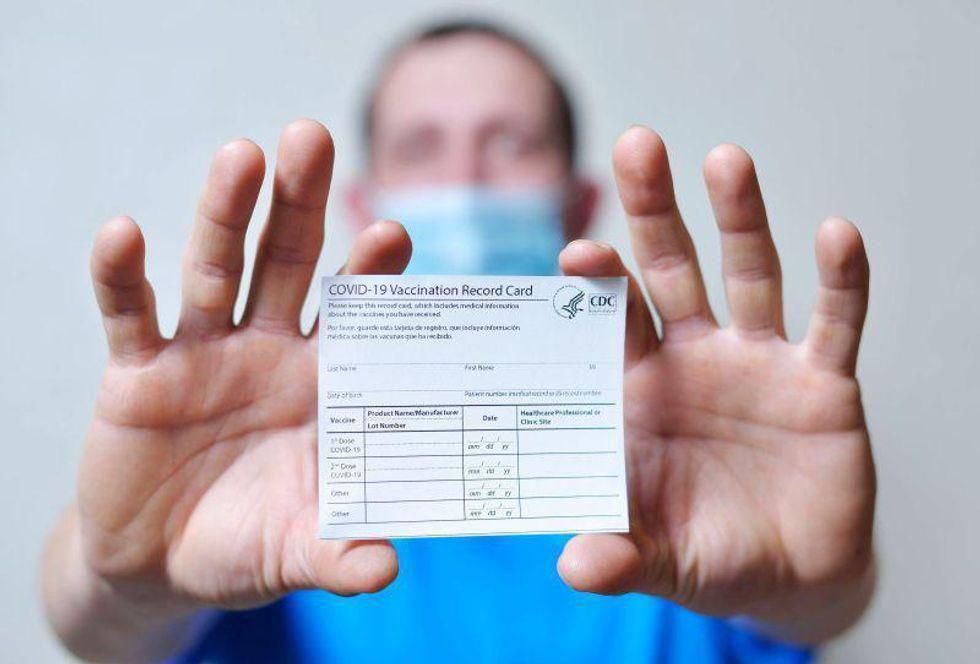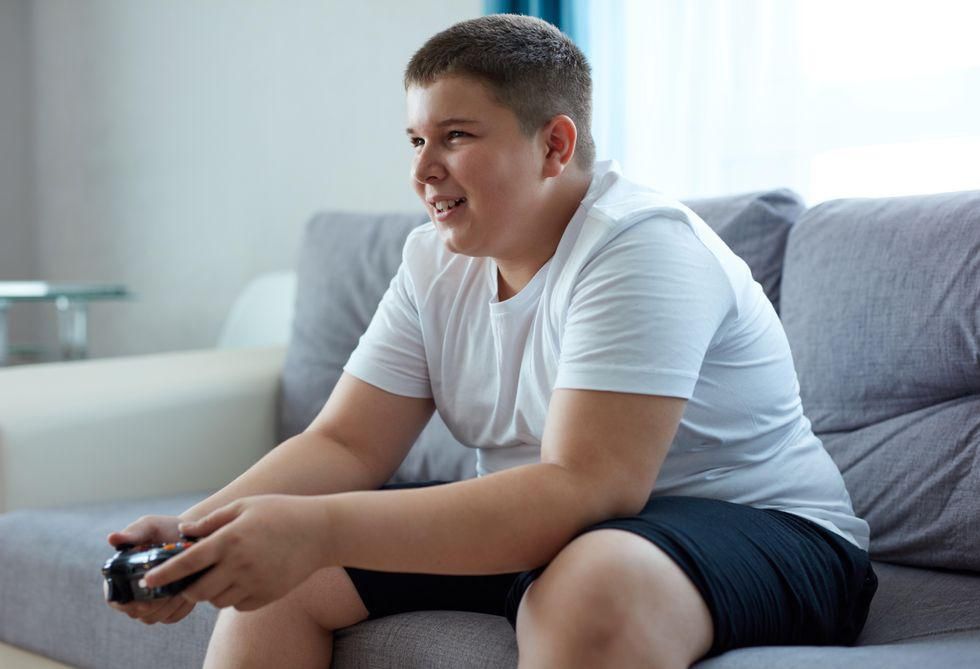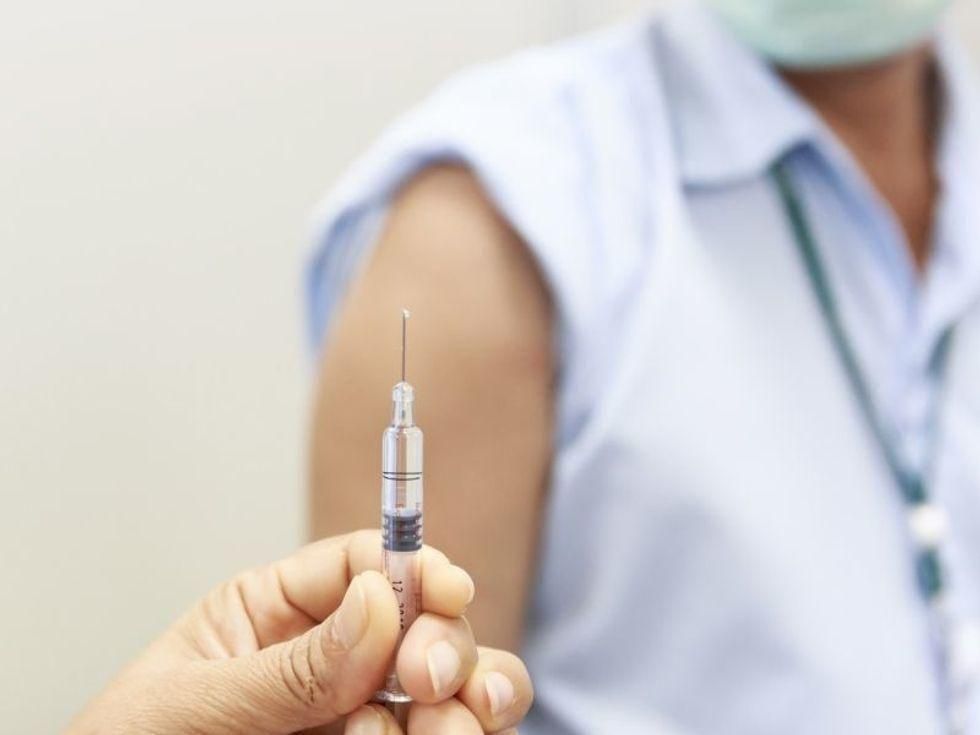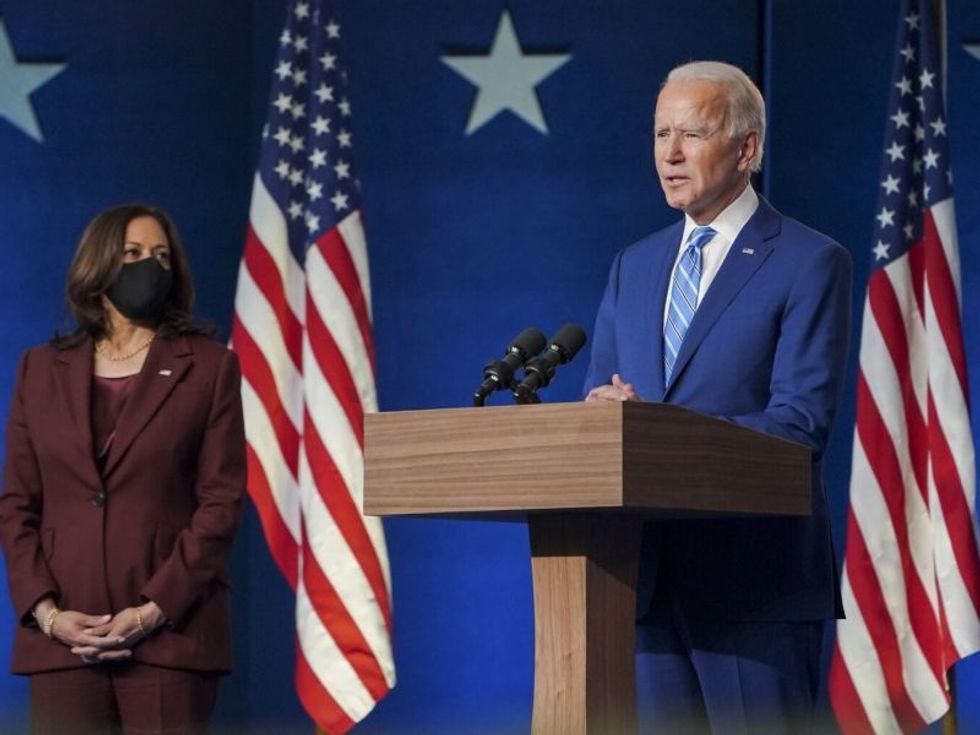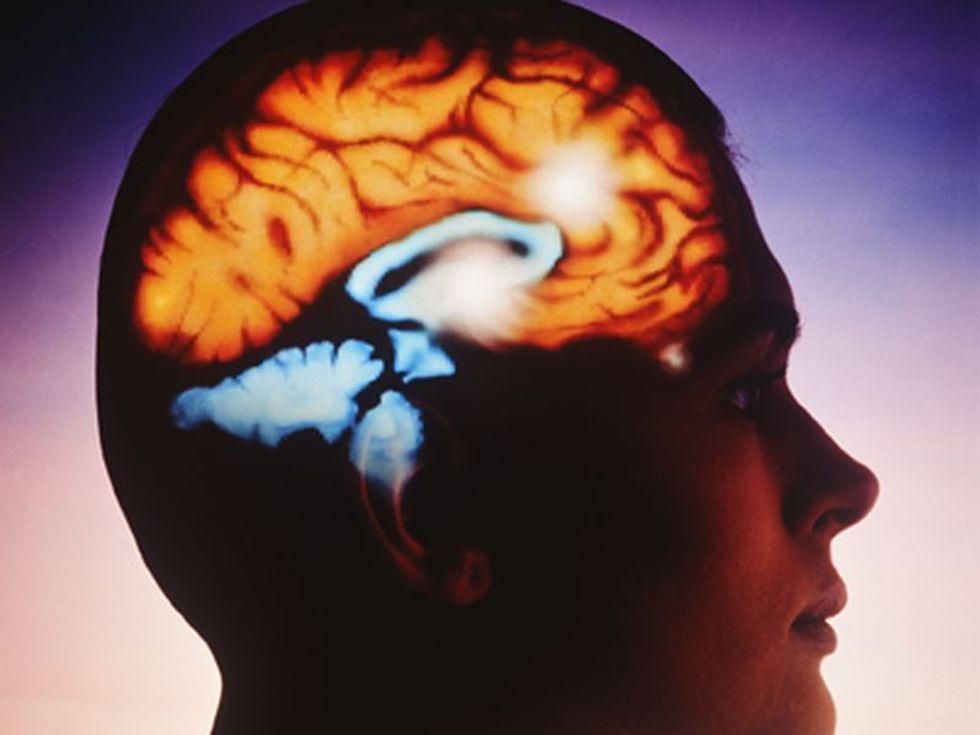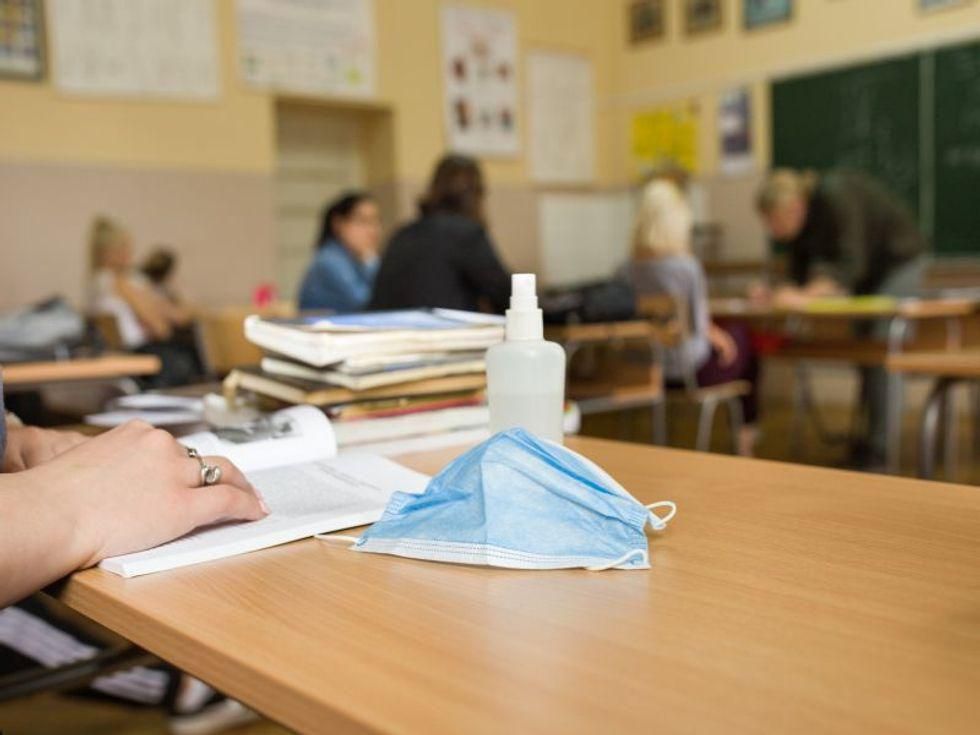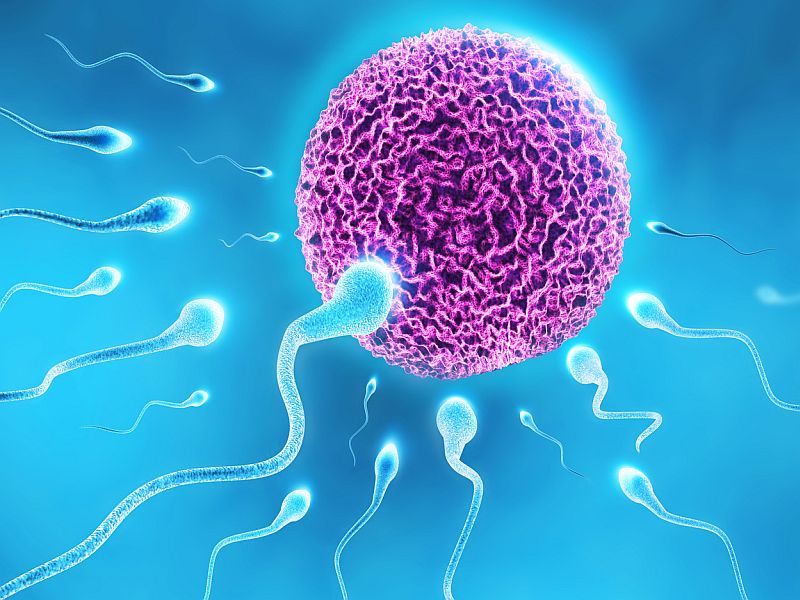
There is no increased risk of mental health problems in teens and young adults who were conceived through in-vitro fertilization (IVF), Swedish researchers report. Although those born after assisted reproductive techniques did have a slightly higher risk of obsessive-compulsive disorder (OCD), it owed to parental background factors, they said. Since 1978, more than 9 million… read on > read on >










